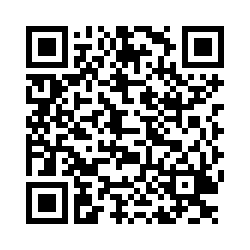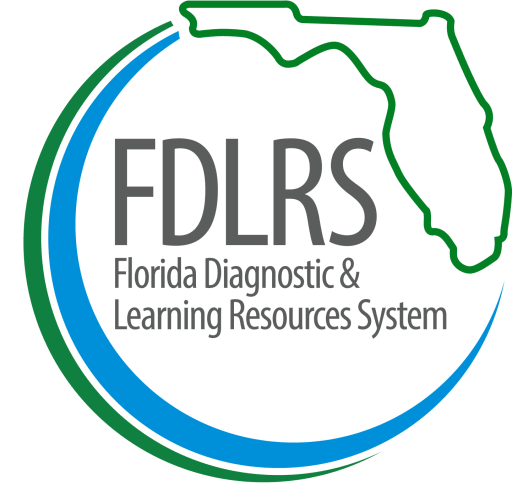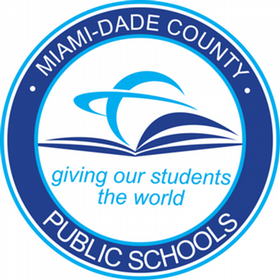|
|
March 19th, 2025
Elise Sobelman, MS, CCC-SLP, Speech Language Pathologist
In this training, we will highlight the hearing milestones, summarize the auditory mechanism and causes of damage, discuss the impact on speech and language development, provide strategies used to support hearing and listening skills in children birth to 3, address concerns surrounding your baby's hearing, and provide next steps.
Target Audience: Families, Caregivers, and
Professionals. Infants and Toddlers, ages 0 - 3.
|
|
|
STRATEGIES TO Support Hearing:
|
|
|
|
1. Talk Often: Describe what you're doing and use many different words throughout the day.
2. Respond to Sounds: React to any coos or babbling to encourage more sounds and talking.
3. Face-to-Face Interaction: Make eye contact when speaking so the person can see your facial expressions and mouth movements.
4. Encourage Listening: Play games or use toys that make sounds, like calling their name from different places.
5. Read Out Loud: Read books with simple, repetitive words to help connect sounds to meaning.
|
|
|
|
Florida law requires children aged 5 and under to be secured properly in a crash-tested, federally approved child restraint device.
Rear-Facing Car Seat: A rear-facing car seat is the best seat for a child under age 2 to use. Infant-only seats can only be used rear-facing. Convertible and 3-in-1 car seats typically have higher height and weight limits for the rear-facing position to keep a child rear-facing for a longer period of time. If the vehicle does not have a backseat, the rear-facing car seat should be used with the airbag turned off.
Forward-Facing Car Seat: A child should remain in a rear-facing car seat until he or she reaches the top height or weight limit allowed by the car seat’s manufacturer. Keep a child rear-facing as long as possible, usually until age 2 or 3. If the vehicle does not have a backseat, the forward-facing car seat should be used with the airbag turned off.
Resources:
|
|
|
UPCOMING PARENTING GROUP SESSIONS
|
|
|
|
|
|
REGISTRATION NOW OPEN:
The Nurturing Parenting Program is currently recruiting for its April cohort. See specific group details below. For further questions or information, please get in touch with our Interim Program Director, Alyssa Dominguez.
Tuesdays from 9:00-11:00 am
Location: Linda Ray Intervention Center
April 8, 2025 - June 24, 2025
Thursdays from 10:00-12:00 pm
Location: Coral Reef Branch Library
April 10, 2025 - June 26, 2025
|
|
|
|
|
|
REGISTRATION NOW OPEN:
Wednesdays from 2:30-4:30 pm
Location: Linda Ray Intervention Center
April 9, 2025 - June 25, 2025
|
|
|
|
FDLRS-UM Multidisciplinary Educational Services Center
The University of Miami, Linda Ray Intervention Center is one of six regional Florida Diagnostic & Learning Resources System (FDLRS) Multidisciplinary Educational Services Centers. Our center provides diagnostic evaluation, consultation, technical assistance, and pre-service and in-service training to families, teachers, school district personnel, and community support providers concerning children and youth with complex medical, emotional, or behavioral problems.
Early Intervention Program
In partnership with Miami-Dade County Public Schools, and the University of Miami's North Dade Early Steps Program, the Center is an Early Intervention Birth-Two (B-2) provider for young children with developmental delays or disabilities. Our B-2 program provides related service support including speech and language, occupational, and infant mental health. This program is offered year-round.
Parenting Program
Utilizing the evidence-based model, The Nurturing Program for Parents and their Children with Special Needs and Health Challenges®, the program recognizes that each family has a unique history, value system, cultural identity, and combination of strengths and challenges. Parents and their children learn positive and caring nurturing skills as a family in a group-based setting. Individual family support is also provided as needed through consultation and referrals.
Research
Research institute that is focused on developing evidence-based, best practice models.
Our Referral Link
Please find our referral form and QR code below to register for a screening or evaluation, a birth-to-two center placement, or the parenting program.

|
|
|
|
FDLRS is an IDEA-funded state Project of the Florida Department of Education, Bureau of Exceptional Education and Student Services (BEESS). It provides information, training, and support to families to promote effective parent participation in the education of children who are exceptional and/or have special needs. Services include assistance in developing family-friendly programs, training, support for services for children with disabilities, and supporting partnerships between schools and parents to support student achievement.

|
|
|
|
Miami-Dade County Public Schools program provides services for children with disabilities ages 3-5.

|
|
|
|
A program of Jewish Community Services of South Florida, Inc. is a confidential helpline that connects people in need to community resources available in Miami-Dade and Monroe Counties. 211 Miami has an extensive database of over 4,000 programs and resources for social service assistance addressing food insecurity, legal help, homeless shelters, and financial assistance programs.

|
|
|
Calendar Of Upcoming Events
|
|
|
|
The mission of the University of Miami Linda Ray Intervention Center is to support and facilitate positive developmental outcomes with high-quality services, thereby improving young children's school readiness and future student achievement.
|
|
|
|